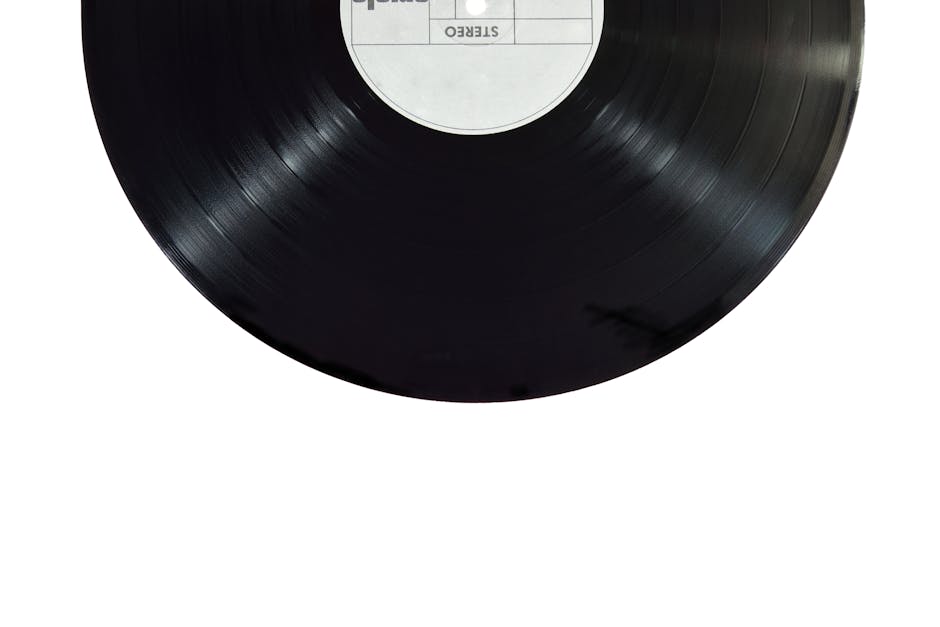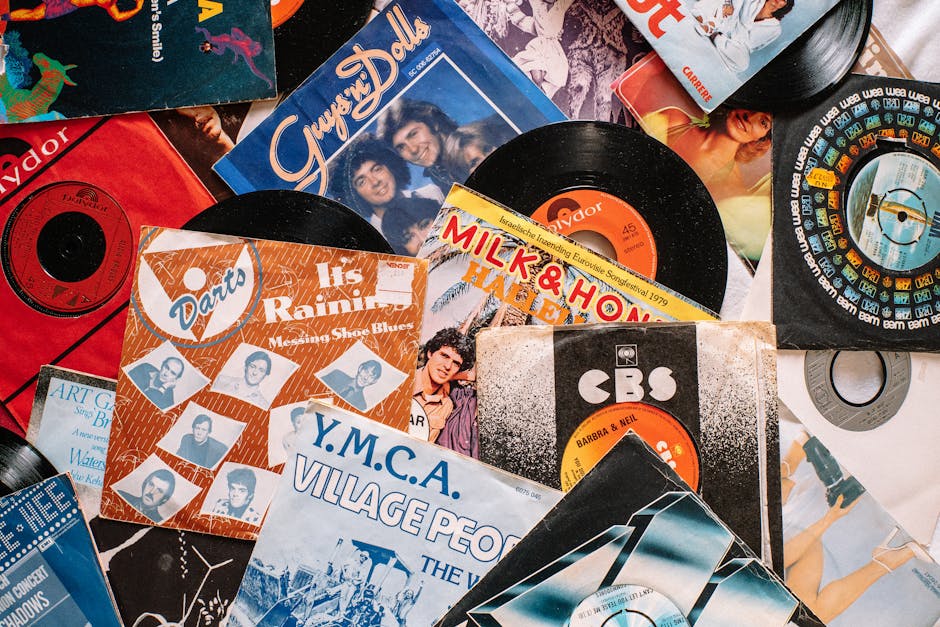Tips for Effective Music Publishing and Royalty Collection

Getting your music out to the masses is one thing, but ensuring you’re properly compensated for it? That’s an entirely different ballgame. The world of music publishing and royalty collection can feel a bit like trying to navigate a dense forest. There are paths you may not even know exist, and the process can seem overwhelming at times. But with a little clarity and the right tools, it doesn’t have to be. Let’s break down some practical tips to help you stay on top of things and ensure you're getting what you’re owed.
1. Understanding Your Rights as a Songwriter
Before diving into the mechanics of royalty collection, it’s important to understand your rights as a songwriter. When you create music, there are two primary types of rights that come into play: the composition (which includes the melody, lyrics, etc.) and the sound recording (the actual recorded version of the song). Each of these generates separate royalties.
Think of it this way: If your song gets played on Spotify or YouTube, royalties are generated both for the composition (because someone is using your musical idea) and for the recording (because they’re playing your specific version). As a songwriter, you need to protect both.
Be sure you register your songs with a Performing Rights Organization (PRO) such as ASCAP or BMI in the U.S., or PRS for Music in the U.K. These organizations collect performance royalties on behalf of their members when songs are played on the radio, in venues, or streamed online. Without registering your works with a PRO, you could be missing out on money that's already yours.
2. The Role of Music Publishers
Music publishers are essentially the gatekeepers between songwriters and various sources of royalties. Their job is to promote your work and ensure your rights are enforced globally. They track where your music is used ( from commercials to streaming platforms ) and collect royalties on your behalf.
For example, when Beyoncé's song "Halo" is featured in an ad or performed live at a concert, her publisher ensures that she receives her due payment for both usages. While publishers take a cut (typically 50% of publishing revenue), they handle much of the administrative headache that comes with tracking all those uses.
If you're just starting out, self-publishing might be tempting , after all, why split royalties if you're not bringing in much income yet? But remember that managing every aspect of publishing can be time-consuming and confusing, especially when it comes to international royalties. Working with a publisher can often result in more income overall by maximizing opportunities you might not have access to alone.
3. Different Types of Royalties Explained
Now let’s talk numbers , specifically how many different types of royalties exist and where they come from. This is where it starts to get tricky because it’s easy to assume that getting paid once for your song covers everything. Spoiler alert: It doesn’t!
- Performance Royalties: These come from public performances like radio play, live gigs, TV shows, or streaming platforms like Spotify. Performance rights organizations (PROs) like ASCAP or BMI handle this type of collection.
- Mechanical Royalties: Every time someone downloads or physically purchases your song (think vinyl or CDs), mechanical royalties are generated. In most countries, organizations like Harry Fox Agency in the U.S. or MCPS in the U.K., collect these on behalf of songwriters.
- Sync Royalties: If your music ends up in a film, TV show, video game, or advertisement – congrats! Sync licensing fees are paid upfront by whoever is using your music for visual content. This can be a huge revenue stream depending on how widely viewed the project is.
- Print Royalties: Though less common these days due to digitalization, print royalties apply when sheet music of your compositions is sold.
A quick tip: Keep track of where each type of royalty comes from using tools like Songtrust (Songtrust) or CD Baby (CD Baby). These services offer dashboards that allow you to see which royalties are coming in from which source , giving you peace of mind that nothing slips through the cracks.
4. International Royalties: Don’t Leave Money on the Table
Here’s something many new artists might not know: If your music gets played abroad, you could still be entitled to royalties from other countries. But here’s the catch , unless you're registered with those local royalty collection societies (or have an administrator who handles them for you), it's hard to collect international income.
Take Ed Sheeran for example , his songs are played all over Europe and beyond. Without proper representation in foreign territories, he would miss out on significant revenue streams from outside his home country.
This is where global administrators like Songtrust come into play again. They can help collect not just U.S.-based royalties but worldwide income as well. Be sure any partner you work with has reach across multiple territories so that all uses are tracked and paid appropriately.
5. Keep Your Metadata Clean and Accurate
This one might seem obvious but stay with me! Having clean metadata attached to every file is vital for ensuring royalty payments find their way back to you correctly.
Your metadata should include details such as:
- The correct names and contact information for all songwriters
- The International Standard Recording Code (ISRC)
- The International Standard Musical Work Code (ISWC)
- The album title
- The year of release
If there’s one takeaway here ( apart from making sure every T is crossed when it comes to contracts and registrations ) it’s this: staying organized pays off. From understanding each type of royalty owed to keeping track through dashboards and services designed specifically for artists’ needs today (DistroKid, TuneCore, etc.), there are plenty of ways available now more than ever before that help take control over management of your music and royalty payments.
